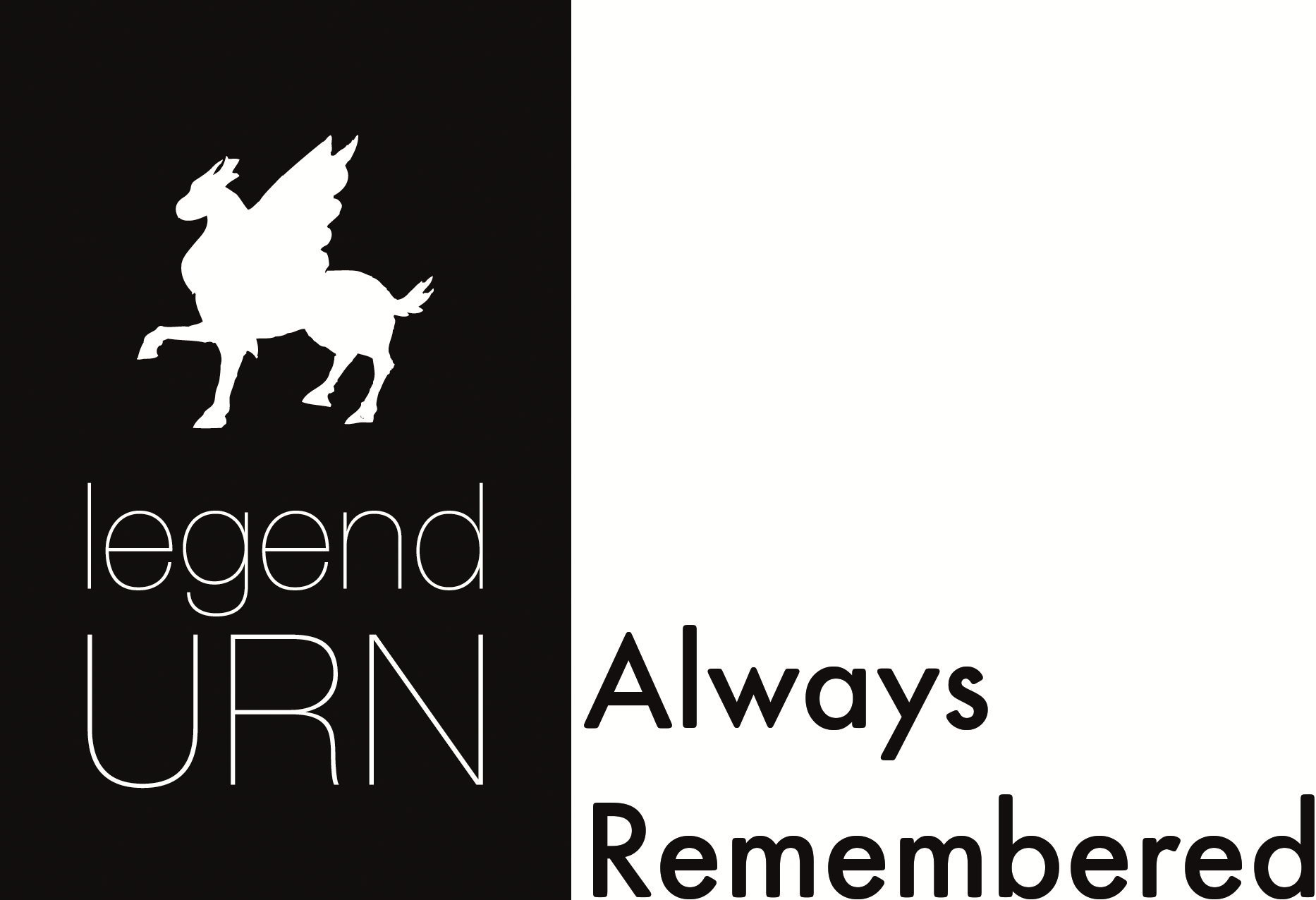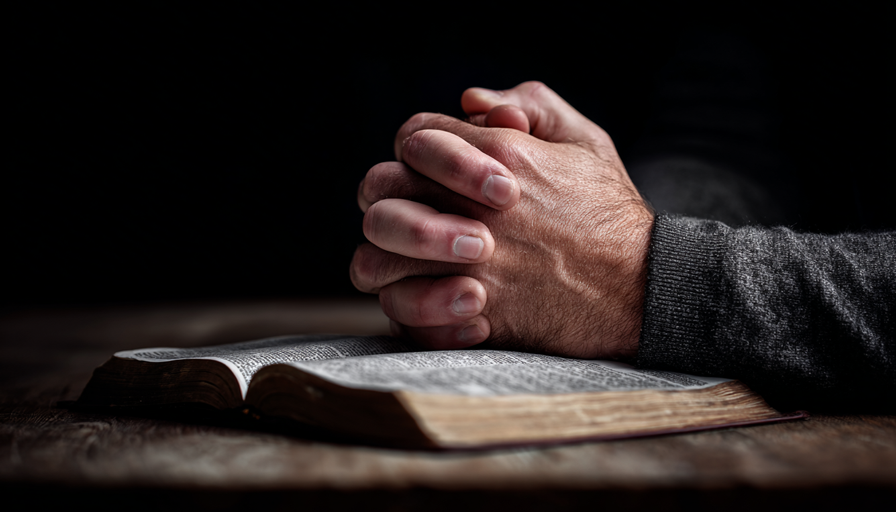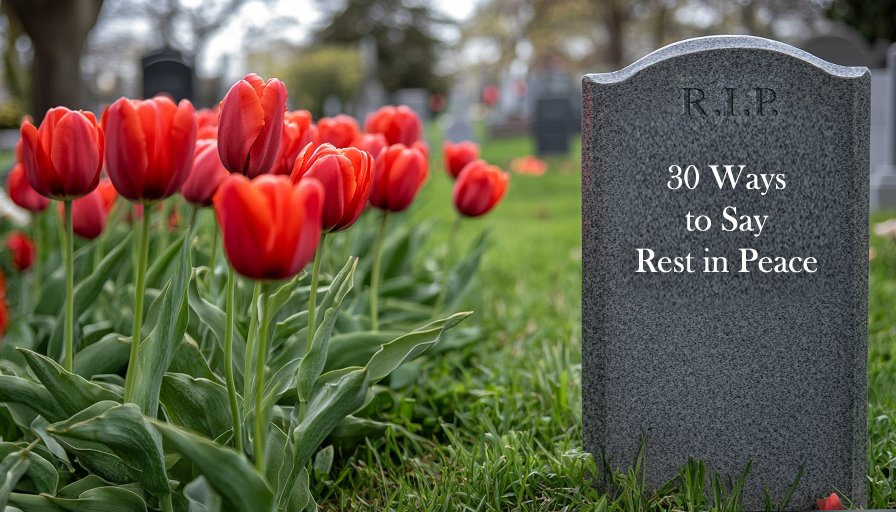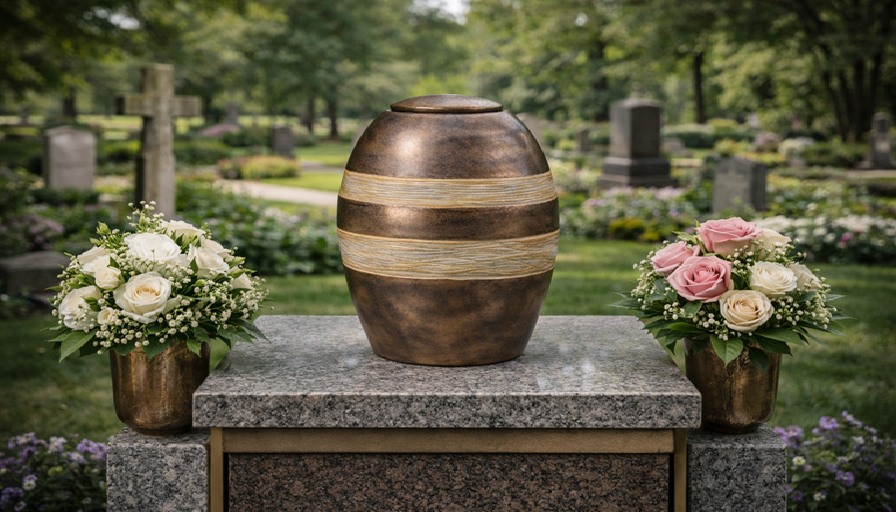12 Meaningful Funeral Prayers from World Religions to Honor a Loved One
When a loved one passes away, it can feel like our entire world collapses. In those moments of deep grief, we often turn to our faith and spiritual traditions for solace, understanding, and healing. Across the world’s cultures and religions, one constant remains: prayer.
This guide explores twelve powerful and meaningful funeral prayers from major world religions. Each one reflects the spiritual outlook of its faith tradition and offers comfort, connection, and hope in the face of loss.
1. Christianity – The Lord’s Prayer (Our Father)
One of the most recognized prayers in the Christian faith, the Lord’s Prayer is often recited during funerals to offer peace and affirm the bond with God.
“Our Father, who art in heaven, hallowed be thy name.
Thy kingdom come, thy will be done, on earth as it is in heaven...”
This prayer comforts mourners by reminding them of God's eternal presence and love, even beyond death.
2. Judaism – El Malei Rachamim (God Full of Compassion)
This traditional Hebrew prayer is recited at Jewish funerals and memorial services (Yizkor).
“God full of compassion, who dwells on high, grant perfect rest beneath the sheltering wings of Your presence…”
Chanted by a rabbi or cantor, the prayer expresses deep reverence and asks for peace and rest for the soul.
3. Islam – Dua for the Deceased
In Islam, prayers for the deceased are an integral part of mourning rituals. A commonly recited dua reads:
“O Allah, forgive [name] and raise their rank among the guided. Send them along the path of those who came before, and forgive us and them...”
Muslims continue to pray for the deceased regularly, believing these prayers support the soul’s journey after death.
4. Hinduism – Antyesti Prayer (Last Rites Mantra)
Hindu funerals focus on guiding the soul (atman) toward liberation (moksha). Texts such as the Bhagavad Gita are often quoted:
“For the soul, there is neither birth nor death at any time… it is not slain when the body is slain.”
Through mantras, fire rituals, and offerings, Hindus seek to ease the soul’s transition to its next phase.
5. Buddhism – Metta Prayer (Loving-Kindness Meditation)
Buddhist funeral rites often include metta bhavana, a meditation that radiates loving-kindness:
“May all beings be happy. May all beings be free from suffering. May all beings find peace.”
This compassionate prayer, common in both Theravāda and Mahāyāna traditions, honors all life with universal love.
6. Sikhism – Sohila Sahib (Bedtime and Funeral Prayer)
The Sohila Sahib is recited at bedtime and during funerals. It praises the Creator and reflects on the soul’s journey.
“The nights are dark and dreary; I long for Your Light, O Creator…”
It expresses devotion to Waheguru (God) and reminds mourners of life’s impermanence and the soul’s return to the Divine.
7. Native American Traditions – Lakota Prayer of the Four Directions
While practices vary across tribes, many Native American traditions honor the sacred cycle of life and nature:
“Great Spirit, whose voice I hear in the wind, whose breath gives life to all the world, hear me…”
These prayers, often accompanied by sage, drums, and ceremonial songs, connect the soul to the Earth and ancestral spirits.
8. Baha’i Faith – Prayer for the Departed
Baha’is see death as a step in the soul’s eternal progression. One deeply moving prayer reads:
“O my God! This is Thy servant and the son of Thy servant who hath believed in Thee and in Thy signs…”
Read aloud by the community, this prayer seeks divine mercy and support for the soul's journey beyond this life.
9. Zoroastrianism – Gathas of Zarathustra
Rather than direct funeral prayers, Zoroastrians recite hymns from the Avesta, especially the Gathas.
“May we be those who renew this world…”
These sacred verses highlight righteousness, the soul’s duty, and the belief that death is a transition—not an end.
10. Taoism – Chants for Rebirth and Harmony
Taoist funerals include rituals, music, and monk-led chants that guide the soul back to harmony.
“Return to the Tao, become one with the Great Void, and be reborn through the harmony of Heaven and Earth.”
These ceremonies aim to restore cosmic balance and help the spirit reunite with the Tao.
11. Unitarian Universalism – Personalized Words of Remembrance
Unitarian Universalists craft individualized prayers or readings that reflect a person’s life and beliefs:
“Let us remember the love, the laughter, the lessons. May our hearts be lifted by the memory, and our lives inspired by their journey.”
These inclusive services often feature poetry, nature readings, or literature from diverse traditions.
12. Secular and Humanist Reflections
Even in the absence of religious belief, secular ceremonies can include deeply moving reflections on life and memory.
“Though your life has ended, your story lives on in every person you touched. We carry your memory forward with gratitude.”
Families may draw inspiration from music, books, or personal stories to create a heartfelt and authentic farewell.
Why These Prayers Matter
Funeral prayers are more than tradition—they are expressions of love, grief, and hope. Whether whispered in solitude, read at a graveside, or written in a sympathy card, they connect us to something greater than ourselves: our shared humanity.
Choosing a funeral prayer can be a deeply personal decision. It may reflect the values of the person you've lost, your own beliefs, or the kind of peace you seek. Feel free to blend traditions, write your own version, or simply choose what brings you comfort.
Words can help us heal. These twelve prayers, drawn from diverse worldviews, carry timeless messages of peace, love, and remembrance—offering us a dignified way to say goodbye, rooted in faith or the spirit of our shared humanity.
If you have questions or would like to share your own prayer or story, please feel free to reach out to us via the contact form.















